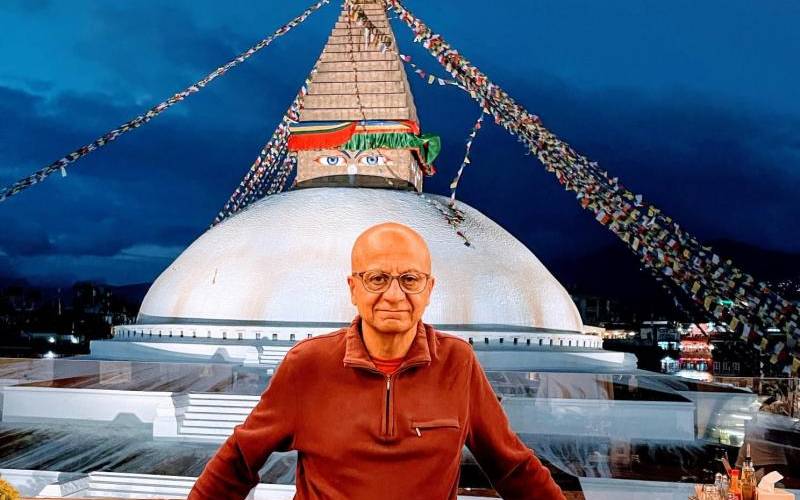×
The Standard e-Paper
Stay Informed, Even Offline

From billions to zero: Trade Bank founder Alnoor Kassam founder.
He was a shrewd businessman gifted in the art of the deal and accustomed to the finer things in life.